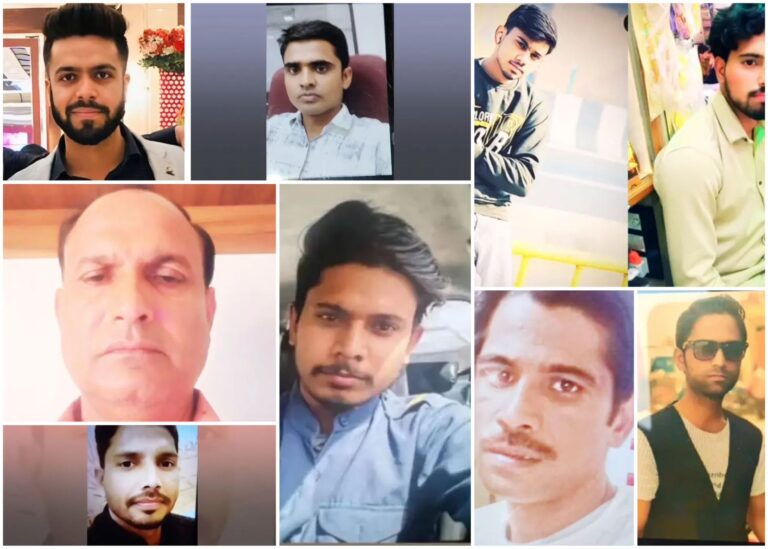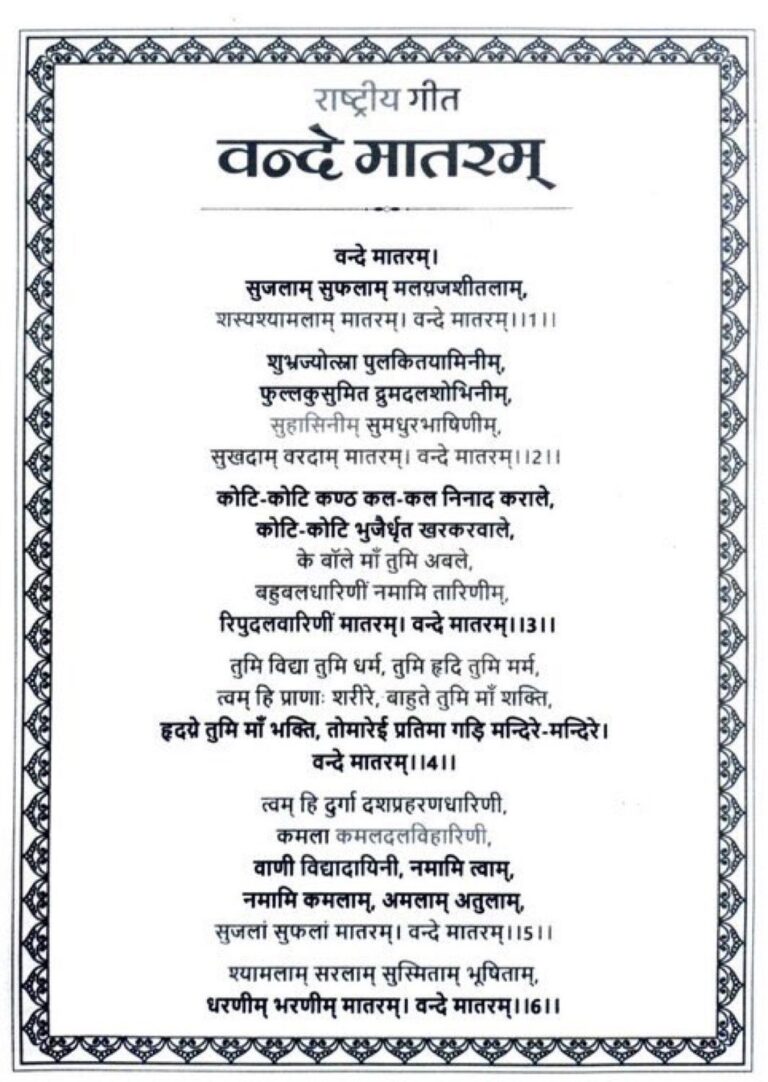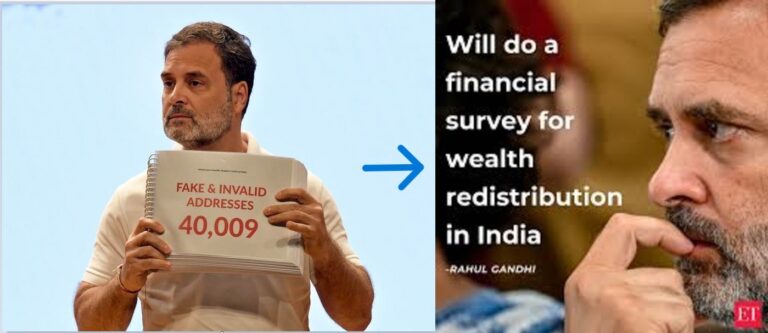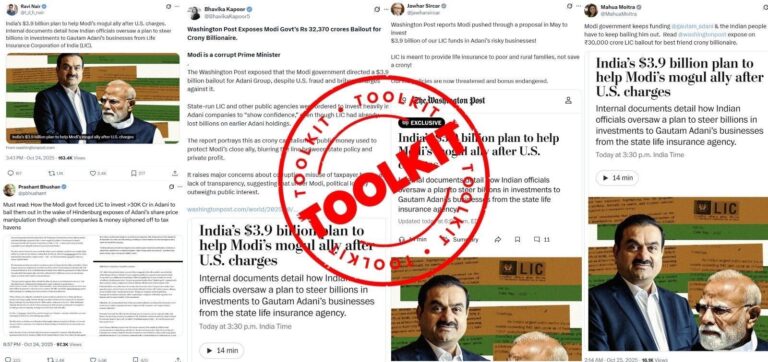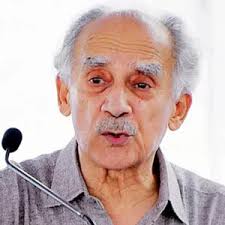
An interview with disgruntled ex-BJP politician and author Arun Shourie, published by The Hindu, You cannot find an instance of Savarkar working for Independence has raised significant doubts about the role of Veer Savarkar in India’s independence movement. Shourie’s statements dismissing Veer Savarkar as a legitimate freedom fighter and accusing the current government of elevating him unjustly call for a closer examination of Veer Savarkar’s actual contributions to India’s freedom struggle. The portrayal of Veer Savarkar in this interview, as someone who didn’t actively fight for independence, overlooks the irrefutable facts of his life and his legacy. Let’s dissect these claims and set the record straight.
1. Veer Savarkar’s Role in India’s Freedom Movement
Shourie’s Claim: There is no instance where Veer Savarkar fought for India’s independence, except during his early days in England.
The Truth: This claim fails to recognize the depth of Veer Savarkar’s involvement in the independence movement. As a young man in England, Veer Savarkar was a prominent voice against British colonial rule. His book, The History of the First War of Indian Independence (1909), is one of the first works to label the 1857 rebellion as the First War of Indian Independence, challenging the British narrative that it was merely a mutiny.
Veer Veer Savarkar’s revolutionary activities, including his role in the Abhinav Bharat Society, were part of a wider effort to mobilize India against the British. His activism in England led to his arrest and subsequent transportation to the Andaman Cellular Jail, where he spent nearly a decade. His imprisonment was not a passive period; he continued to write and strategize for India’s freedom. The harsh conditions of the jail did not break his resolve; rather, they solidified his place as one of the stalwarts of the freedom movement.
2. The ‘Apology’ Letters – A Misinterpreted Survival Strategy
Shourie’s Claim: The letters Veer Savarkar wrote to the British, pleading for mercy, suggest that he was not committed to the freedom struggle.
The Truth: The context of these letters is often misrepresented. After enduring years of torture in the Andaman Cellular Jail, Veer Savarkar’s petitions for clemency were not acts of betrayal but a desperate attempt to survive. He was fighting not just the British but also the brutal conditions that threatened his life.
It’s crucial to recognize that these petitions did not signify a renouncement of his principles. Veer Savarkar continued to contribute intellectually and politically to the struggle for India’s independence. His later works, including Hindutva and his writings on Indian history, demonstrate his unwavering commitment to the nation’s freedom, and he remained a vocal critic of British colonial rule throughout his life.
3. The Alleged Admiration for Fascists – A Nuanced View
Shourie’s Claim: Veer Savarkar’s admiration for Hitler and Tojo during World War II is evidence of his misguided beliefs.
The Truth: Veer Savarkar’s position on foreign powers during World War II needs to be understood in the historical context. In the 1940s, many nationalist leaders, including some from Congress, believed that the Axis powers (Germany and Japan) might help in weakening British colonial power. While Veer Savarkar may have expressed admiration for their anti-British stance, this should not be conflated with approval of their fascist ideologies. His primary goal was always the liberation of India, and this context is vital to understand his political calculations at the time.
Moreover, it’s important to separate Veer Savarkar’s strategic alliances from his core belief in India’s independence. His broader legacy as a revolutionary cannot be overshadowed by this one aspect of his geopolitical views.
4. The Veer Savarkar-Gandhi Relationship: A Complex Reality
Shourie’s Claim: Veer Savarkar’s claim of being friends with Gandhi is untrue and is an attempt to mislead people about his relationship with the Mahatma.
The Truth: The relationship between Gandhi and Veer Savarkar was undoubtedly complex. While they both worked towards the same goal—India’s freedom—their approaches were markedly different. Gandhi’s emphasis on nonviolence clashed with Veer Savarkar’s belief in armed resistance. However, to claim that Veer Savarkar and Gandhi had no interaction or friendship at all is an oversimplification.
Historical records show that the two men had mutual respect for each other, though they were not ideologically aligned. Veer Savarkar’s early admiration for Gandhi, and their brief interaction during their time in England, reflects a certain camaraderie. However, their diverging methods of resistance led to a significant ideological rift. Nevertheless, it would be misleading to suggest that Veer Savarkar’s entire contribution to the freedom struggle is defined solely by his differences with Gandhi.
5. Revisiting History: Why Veer Savarkar’s Legacy Cannot Be Erased
Shourie’s Claim: The current government’s elevation of Veer Savarkar is an attempt to erase Gandhi’s contribution and distort India’s history.
The Truth: The assertion that the current government is using Veer Savarkar as a tool to undermine Gandhi’s legacy is an oversimplification of the situation. Both leaders, despite their differences, contributed to India’s freedom in their own ways. Gandhi’s leadership in the nonviolent movement is undeniably central to India’s independence, but it is equally important to acknowledge Veer Savarkar’s contributions as a revolutionary, writer, and political thinker.
In recent years, there has been an effort to recognize all freedom fighters, including those whose contributions may have been marginalized in the past. This reappraisal of history seeks to present a more comprehensive and nuanced view of the independence struggle, including the role of figures like Veer Savarkar. The focus is not on diminishing Gandhi’s legacy but on ensuring that the full spectrum of India’s freedom movement is acknowledged.
Veer Savarkar’s Legacy – A Key Chapter in India’s Freedom Struggle
Veer Savarkar’s contributions to India’s independence movement are undeniable. From his revolutionary activities to his writings that challenged British rule, Veer Savarkar played a crucial role in shaping the discourse around India’s freedom. While his views on violence, nationalism, and certain historical events may be contentious, they do not diminish his place in the pantheon of great freedom fighters.
It is essential to present history with nuance, recognizing the contributions of all leaders, whether they followed Gandhi’s nonviolent path or took up arms in the struggle for freedom. Veer Savarkar’s legacy, like that of many others, deserves to be understood in its full complexity—acknowledging his pivotal role in the fight for an independent India.
Author : Sandeep Gandotra, is a serial entrepreneur, startup founder, social media influencer and political analyst with 25 years of overall experience. Tweets at Sandeep Gandotra

